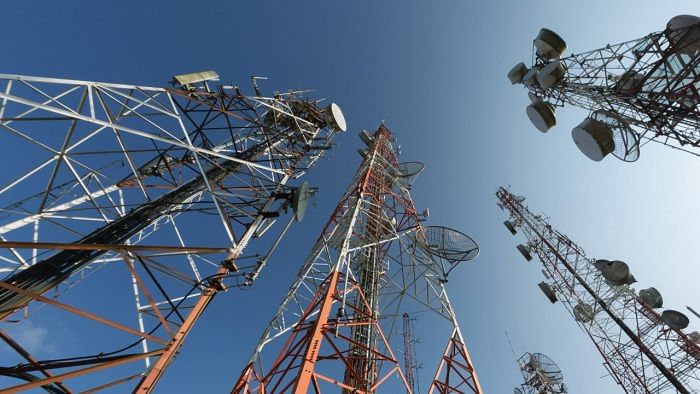
Telecom services in India will see a major revolution with the Union cabinet deciding to conduct the spectrum auction for 5G services. It is the next big turn that has long been awaited, and it has come somewhat late. 5G technology will enable delivery of many vital services, riding on the Internet of Things (IoT) over mobile networks, in addition to the voice, video and messaging services that we are used to. It will pave the way for many applications that need high-speed bandwidth as well as those that demand low latency. It also holds the promise of uninterrupted service and almost unlimited bandwidth to wireless networks. The auction, which will include spectrum across multiple frequency bands, is scheduled to commence next month. The need is to conduct it fairly and transparently, ensuring a smooth transition to 5G.
There was much debate and consultations with the industry on issues related to the 5G rollout in the run-up to the decision. Some of the problems that came up have been addressed. A fair amount of spectrum has been put up for the auction, usage charge has been dropped, and payment terms have been eased. But the reserve price of spectrum is still an issue of contention. Telecom companies have demanded a 90% reduction in the reserve price. The government, on the recommendation of the Telecom Regulatory Authority of India, has given a 35% reduction. Telcos will have to spend over Rs 1 lakh crore in the auctions. However, they can make the payment in 20 instalments. There are other helpful terms, too. Still the concern is that the companies, which are already heavily indebted, will find the going tough. 5G services could turn out to be costlier than expected.
Telecom companies have also objected to the decision to offer spectrum to enterprises for captive 5G networks. Enterprises, mainly big tech companies, can be directly allocated spectrum by the Department of Telecommunications for offerings riding on IoT, machine-to-machine communications, etc. Telcos opposed it because it would hit their potential revenues. They were expecting up to 40% of their 5G revenues to come from enterprises services. But the government took the decision as it would be an additional source of revenue for it. It is known that 5G wireless technology will have a beneficial impact on consumer experience and on industry, economy and society. It should be ensured that there are no more hurdles in its introduction. Now that the process has started, the technology should be taken to the consumers earliest.